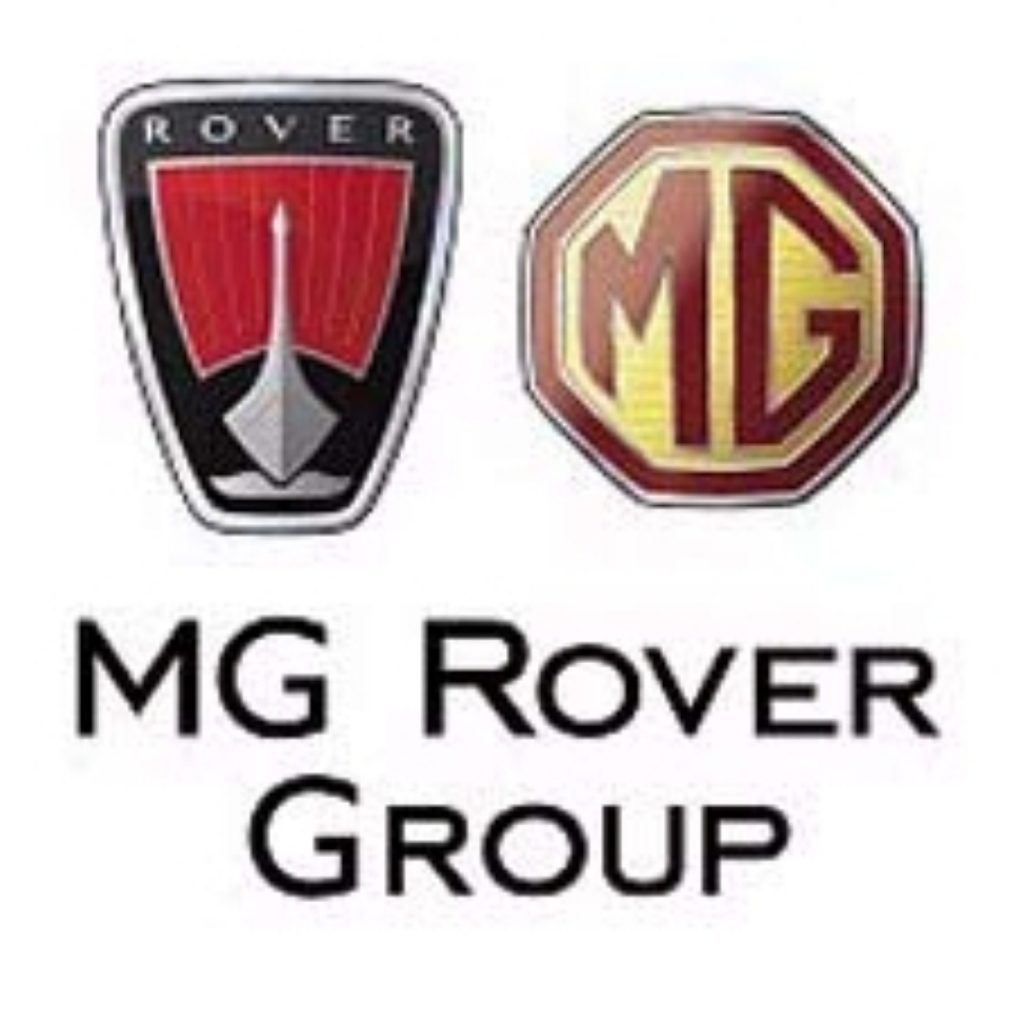MG Rover report: £9m packages for Phoenix Four revealed
By Alex Stevenson
The four executives who led MG Rover as the carmaker headed towards administration received around £9 million each, the long-awaited report into the company’s demise has revealed.
An independent inquiry begun after the manufacturer collapsed in 2005 showed the so-called Phoenix Four – who bought MGRG for £10 in 2000 – together received £36 million in the five years they led the company. Chief executive Kevin Howe received £5 million during his time at MGRG.
Following the report, the government is preparing legal proceedings which will prevent “relevant directors” from ever holding “office” or managing any company again.


Today’s report was prepared by accountant Gervase MacGregor and Guy Newey QC. It focused its attentions on the management of Peter Beale, John Edwards, Nick Stephenson and John Towers and concludes by stating they received “unreasonably large” rewards.
“There could. have been little objection, either legally or morally, to the members of the Phoenix Consortium deriving benefits commensurate with the group’s performance had they succeeded in making it profitable,” the report states.
“However, MGRG. was in fact very unprofitable and eventually went into administration. The members of the Phoenix Consortium and Mr Howe still chose to give themselves rewards out of all proportion to the incomes which they had previously commanded, which were also large when compared with remuneration paid in other companies and which were not obviously demanded by their qualifications and experience.”
In a statement the Phoenix Four dismissed the report as a “witchhunt” and “whitewash”.
“We find it offensive and untrue that we acted improperly in relation to remuneration. Everything was legal, above board,” they insisted.
Business secretary Peter Mandelson was uncompromising, however. “What I would say today is for the Phoenix Four directors to voluntarily go along to Companies House and sign a binding undertaking they will in no future circumstances become directors of a company again,” he told Sky News.
“It would cost the taxpayer less. if they volunteered their own disqualification.”
The report reveals further questionable behaviour from the Phoenix Four. It says the directors moved assets to companies in the group other than MGRG in which the carmaker had no interest.
It found Mr Beale used a program called Evidence Eliminator to clean his computer’s hard disk, despite knowing it would be accessed by investigators.
“Although Mr Beale insists that he only ever sought to conceal personal documents from us, that material probably included documents relating to the group,” the report noted.
Mr Beale was also shown to have given “inaccurate and misleading” explanations to a trade and industry select committee evidence hearing in 2004 about the Phoenix Partnership’s involvement in MGRG.
Today’s findings come after an agonisingly long wait for workers at the plant.
They have been prevented from receiving money contained in a trust fund raised from asset sales until the report has been released.
The inquiry has cost £16 million and was finally completed after four years on June 11th this year – despite the trade and industry secretary at the time, Alan Johnson, asking them to report “as quickly as possible”.
The government prompted anger from unions and opposition politicians when it failed to immediately release the report earlier this year.
Instead Lord Mandelson referred it to the Serious Fraud Office, to establish whether a criminal investigation should take place. The SFO said on August 11th no criminal action was needed.
“This has been a painstaking inquiry by independent inspectors,” Lord Mandelson said.
“It was important to get all the facts into the open so that workers who lost their jobs and creditors who were not paid know the truth.”
MGRG went into administration in April 2005 after talks with Shanghai Automotive Industry Corporation collapsed.
After going into administration MGRG’s assets were bought by Nanjing Automobile, another Chinese firm, which revived the MG brand and resumed production at the Longbridge plant. Funds from that sale will only now be distributed to its former workers.

